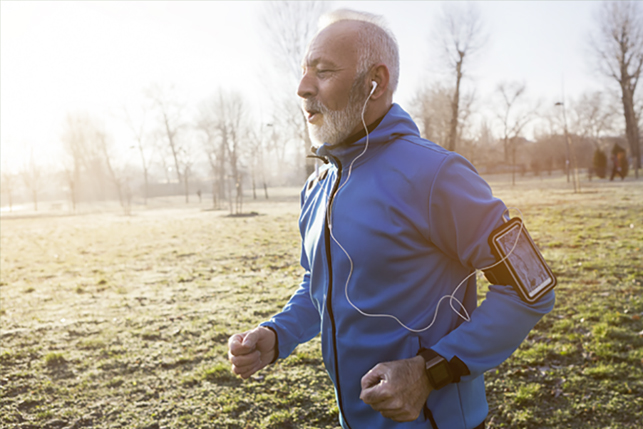Sudden Cardiac Arrest can strike persons of any age, gender, race, and even those who seem to be in good health. World-class professional athletes at the peak of fitness have been known to die suddenly during sporting events. This is often the result of Sudden Cardiac Arrest.¹

Most cases of Sudden Cardiac Arrest are caused by a type of irregular heartbeat (or arrhythmia) known as ventricular fibrillation. Ventricles are the lower chambers of your heart. During ventricular fibrillation, these chambers beat very fast and irregularly. This causes little or no blood to be pumped through the body. If not treated within a few minutes, death can occur.²
Other causes of Sudden Cardiac Arrest can be the result of problems with the heart’s electrical system. If the heart’s electrical signals become slow or stop, or if the heart muscle doesn’t respond to these electrical signals, Sudden Cardiac Arrest can occur.²
Common Risk Factors of Sudden Cardiac Arrest
Most heart and blood vessel diseases can lead to sudden cardiac arrest. In the same way, many heart disease risk factors are also risk factors for Sudden Cardiac Arrest. Common risk factors include:
- A family history of coronary heart disease
- High blood pressure
- High cholesterol
- Obesity
- Diabetes
- Sedentary lifestyle
- Smoking
- Excessive alcohol intake
- Age
There's no sure way to know your risk of Sudden Cardiac Arrest, so reducing your overall risk is the best strategy. Talk to your doctor about your specific health situation.

